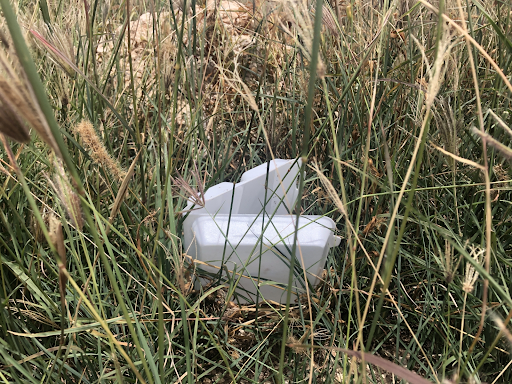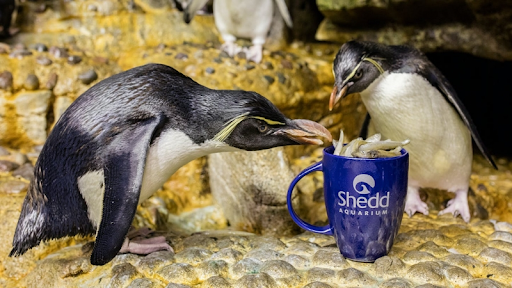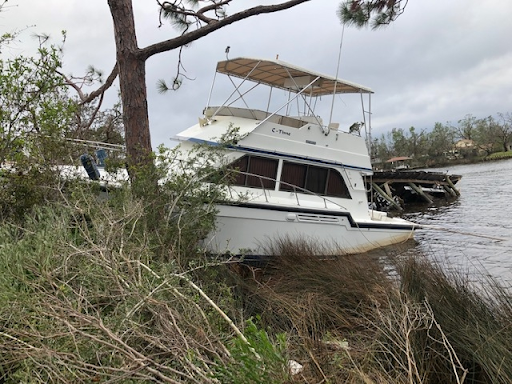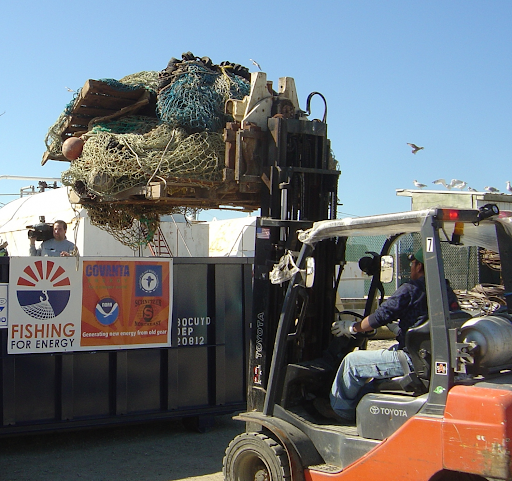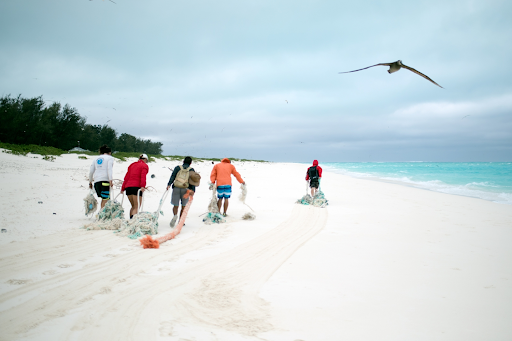
Our ocean is filled with items that don’t belong there. From our everyday food wrappers, plastic bottles, and cigarettes to large and damaging derelict fishing nets and abandoned and derelict vessels, marine debris is a global problem that touches every corner of our ocean and Great Lakes. Although cleaning up marine debris is a helpful way to address the problem, the best way to keep marine debris out of our environment is by preventing it. By keeping single-use plastics, fishing gear, and other waste from ever reaching the ocean and Great Lakes, we can get closer to a future free from debris.
In order to help prevent marine debris, the OR&R Marine Debris Program supports projects around the United States that raise awareness of the problem, change behaviors around common marine debris items, and provide options for properly disposing of common marine debris items.
Single-use plastics are commonly found on our streets and beaches. Food wrappers, takeout containers, straws, beverage bottles, and plastic bags all landed in the top 10 items found during the 2020 International Coastal Cleanup. Fortunately, our partners are working hard to prevent single-use plastics from becoming marine debris.
In the Great Lakes, Chicago’s Shedd Aquarium is partnering with minority and women-owned businesses, small businesses, and others in disinvested communities to build capacity and skills to reduce single-use plastics. Shedd is working hand-in-hand with these businesses and grassroots community organizations, providing training, educational materials, and opportunities to build skills and confidence in business leaders.
Marine debris poses a unique problem in Hawai‘i and the Pacific Islands, where disposal and recycling are far more challenging than mainland areas. Zero Waste O‘ahu is facing this challenge head-on by helping restaurants on the North Shore of O‘ahu to implement a reusable take-out container program. Through education and logistical support, this pilot project aims to demonstrate to food vendors the reduced costs, reduced litter, accessibility, and benefits of reusable takeout containers.
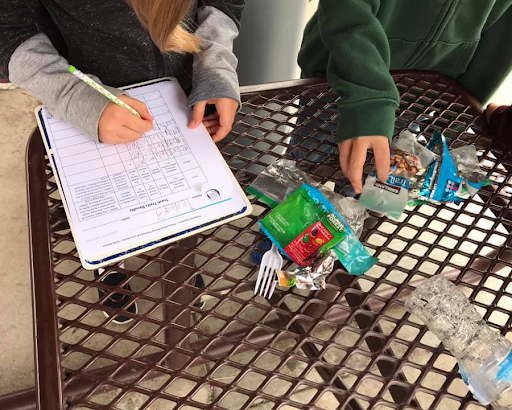
The first step to solving a problem is often learning more about it. That’s why education is one of the most important ways to prevent marine debris! In San Luis Obispo, California schools, One Cool Earth’s Earth Genius Program is working to change the long-term behavior and outlook of over 7,500 students. Project partners are working in the classroom, cafeteria, facilities, and administrative offices to support litter prevention practices and change littering behaviors.
Much of a school’s waste is concentrated in the cafeteria. Our partners at the Community Foundation of Northeast Michigan are taking a bite out of that lunchtime waste by working directly with teachers and students to examine the waste they find in their communities and school, and developing potential solutions to reduce it. Students act as Marine Debris Prevention Ambassadors, encouraging behavior change throughout their school and communities.
The NOAA Marine Debris Program also supports projects that aim to prevent vessels and fishing gear from becoming marine debris by providing options for proper disposal. In order to prevent abandoned and derelict vessels, the Rhode Island Marine Trades Association Foundation is working to build a sustainable model for fiberglass boat recycling. Partners are developing educational tools and promoting awareness of and participation in the creation of a proactive long-term solution that prevents marine debris associated with fiberglass boats.
Derelict fishing gear is one of the most pervasive and harmful types of marine debris. Lost or abandoned nets or traps can drift through the ocean, continuing to trap and kill, smothering sensitive habitats, and entangling marine life. Fishing for Energy, a partnership between the NOAA Marine Debris Program, National Fish and Wildlife Foundation, Covanta, and Schnitzer Steel, aims to prevent and reduce the impact of derelict fishing gear. Since 2008, the partnership has collected more than 4 million pounds of old or unwanted gear, nets, line, and ropes that might have ended up in the environment and recycling or converting them into energy.
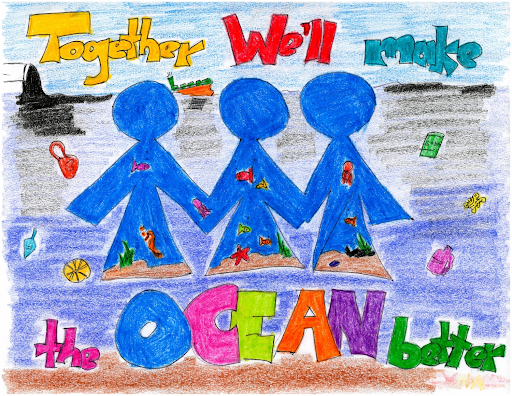
The only way we can prevent marine debris is together. Everyone has a part to play in making a difference, whether it’s at home, at school, at the store, or on the shore! If you’re not sure where to start, or if you want to branch out and try something different, check out our How to Help page for tips on reducing waste, sharing information with others, and taking action in your community.
Interested in taking action with the NOAA Marine Debris Program? This year’s Prevention Notice of Funding Opportunity is currently open through Oct. 29, 2021. Learn more on our website.

